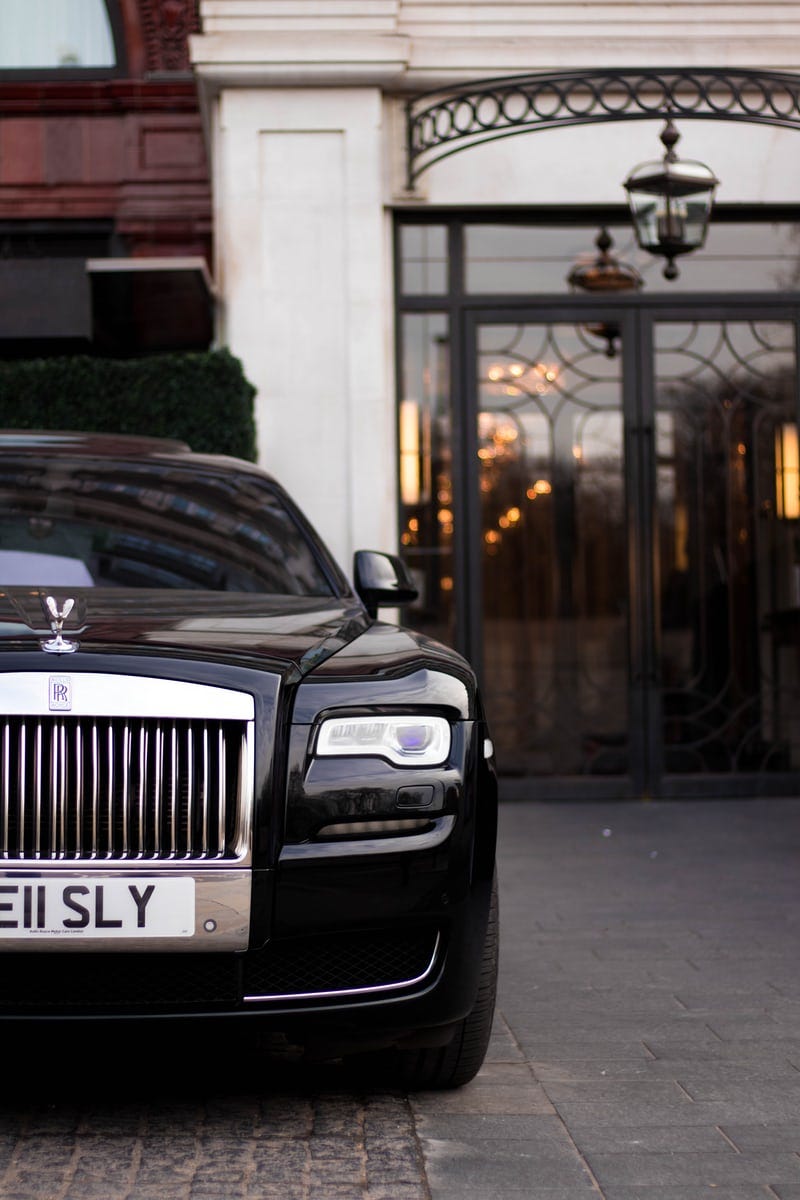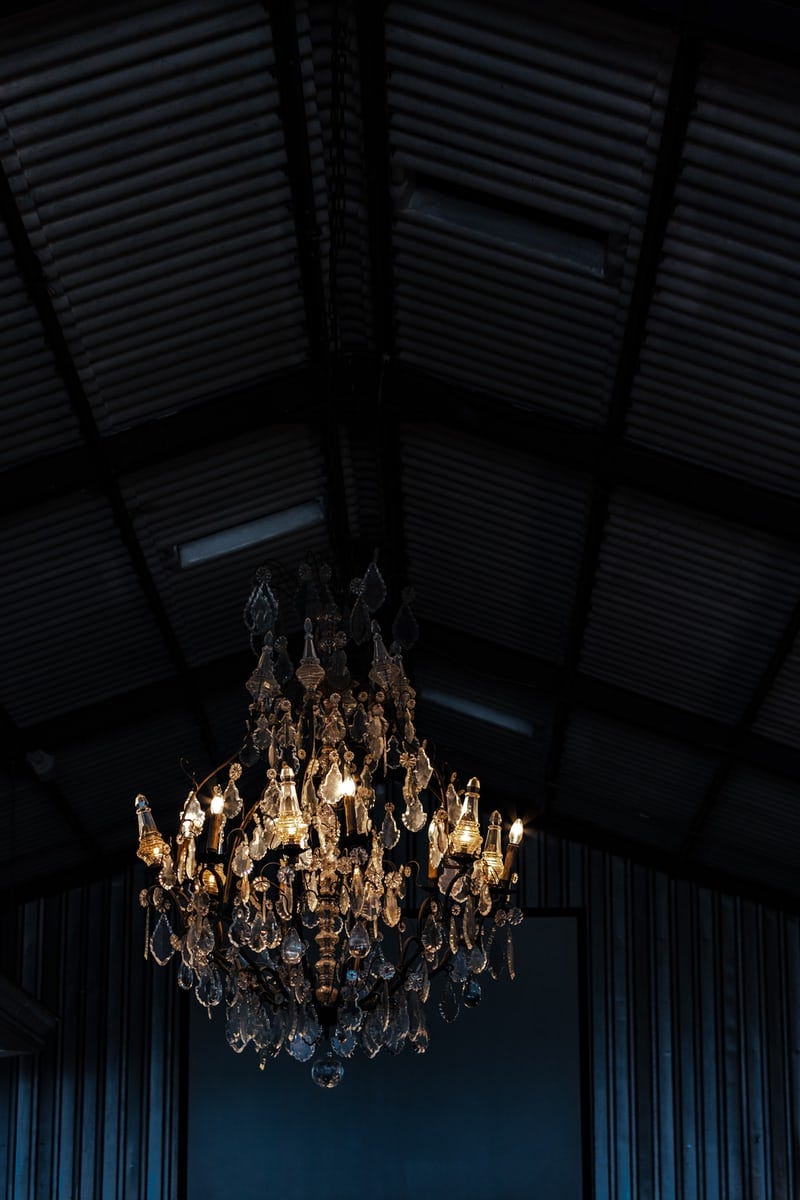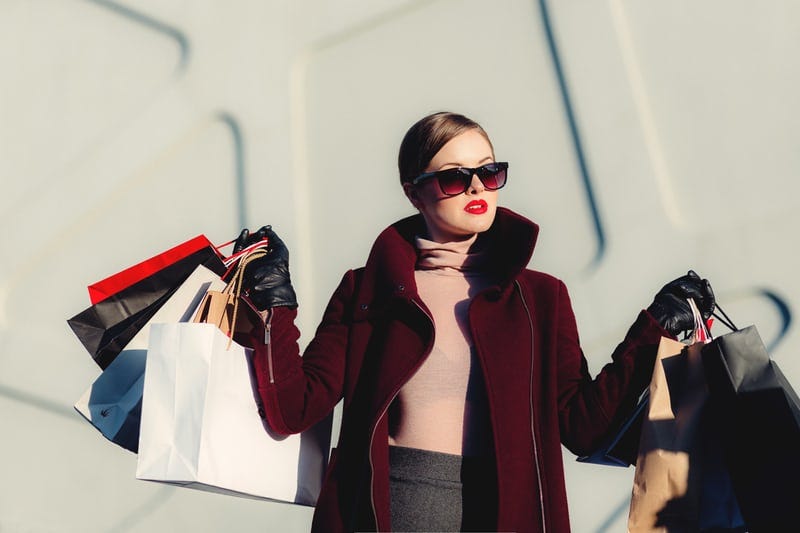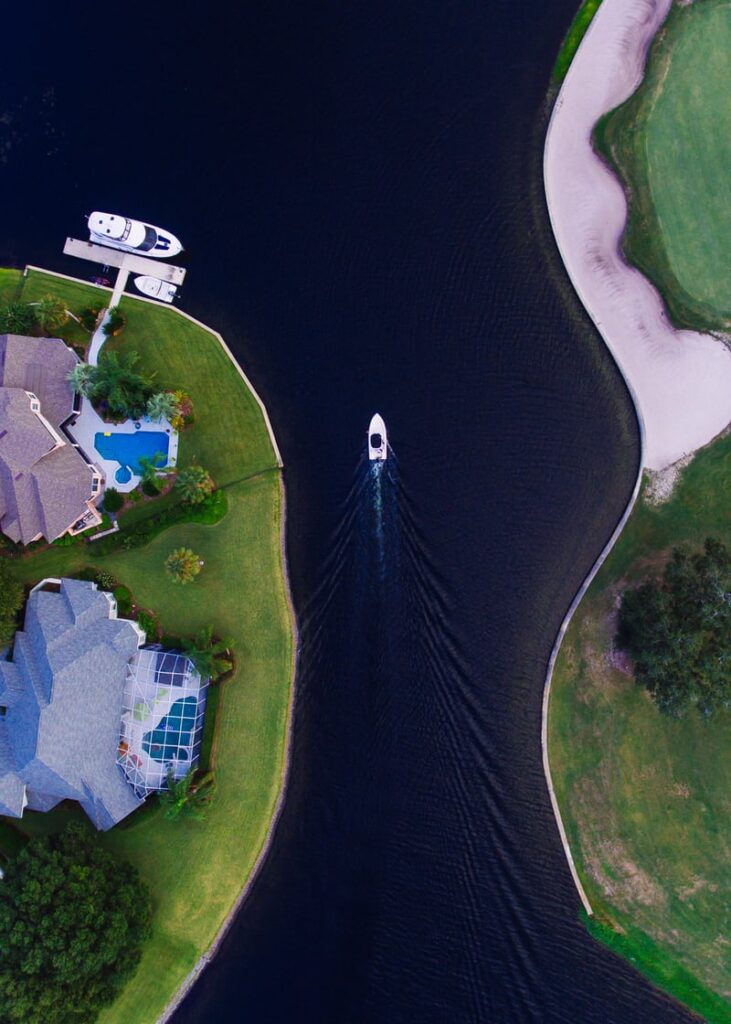Exclusivity and scarcity will forever be in demand.
We are allured by prestige, image, and praise.
We want more of it and it can never be enough.
The problem is there’s always something we don’t have.
Since birth, we craved attention from everyone. We want to be told we are the cutest baby in the world, even though that may or may not be true and as we age, we need someone to reinforce to us how much we mean in their lives and how important we are.
There’s this never ending cycle of appraisal and self-loathing. It subtly spirals into other areas of life and we always seem to need it as a quick dopamine hit to keep us going.
It’s called luxury. If you didn’t get the chance to read who the most gullible luxury buyers are, I would suggest you read here. That will help you make better sense of why people crave expensive items, mainly due to insecurity and financial literacy, the worst combo.
The most strategic way to be secure in your wallet and mind is by investing in yourself through handy dandy education. The amount of stuff you collect and your net worth can be slashed in no-time if you aren’t prudent, but education can never be taken away from you.

Luxury Looser
Besides the hit of dopamine and elevated self-worth one receives from rewarding themselves with a Chanel fragrance or Dolce & Gabbana overpriced handbag, we cannot forget the legitimate reasons why one would end up purchasing luxury.
With Asians being the predominant buyers of luxury, Americans and Europeans are quickly caching up, especially now with extra savings, discretionary and passive income sources as the rich earned more and spent less during the pandemic.
Before we argue against luxury in its entirety, let’s not forget what it can provide:
-Juicy re-sale opportunity
-Enhanced gift giving
-Quality items?
That’s pretty much it. Clealy the main reason why one would buy luxury is for the image.
After all, we buy things we don’t need with money we don’t have to impress people we don’t know.
What a devastating system consumers have gotten themselves into. They’re only digging a deeper hole for themselves while fighting the rich.
If you can’t beat them, join them.

Onboard Too?
The pandemic exacerbated the wealth inequality in this country and abroad. The top 1% have amassed almost $15 trillion while the bottom 50% earned around $2 trillion. As we’ve witnessed in almost every recession to date, the stock market isn’t correlated to the economy as unemployment, stimulus, shortages and supply chain bottlenecks rose, the rich got richer digging for a 4th beach home.
In order to shrink the gap, it’s beyond the pay gap which you can learn about here. Some may argue education is the great equalizer and others may say it is the problem not the solution. I believe it is a bit of both. All in all, the wealthier you are, the more educated you (tend) to be. Humbly, I wouldn’t argue celebrities are smarter than me as a generalization.
Yet, everyone wants to enjoy the fruits of their labor, especially those who really shouldn’t ak.a the most frequent addicts of luxury, and need to reward themselves occasionally other ways.
Replaced Luxury?
As the rich were trapped in their mansions for their WFH setup, they clearly got bored and weren’t able to spend on luxurious experiences and trips, more precious expenses. So in replace of them, they decided to unleash the dangerous side in themselves and invest more or more like waste in alternative sources of luxury. Surprisingly, the luxury market in the U.S. and China have been booming since the shutdown illustrating the staggering wealth divide.
Compared to the U.S.’s plan, China’s stringent mask mandate, covid testing and communistic dictatorship, I mean, friendly gentle protocols, they were able to reach the same levels of GDP as in 2019. Their economy is in full swing while across the ocean, Japan has just instituted another lockdown due to the Delta variant and banned any spectators for the Olympic Games which begins in about a week from today.

Banana Bread & Boredom
I believe boredom is important. It helps unleash creativity and gets you out of sticking to your habits since change lies outside of them. Consumers with extra disposable income felt the anticipated urge to spend a little extra during quarantine to compensate for lost travels.
Only a few months into the pandemic in Summer 2020, they convinced themselves they needed to buy things they never needed. From swimsuits to gym equipment to backyards and even more homes, read about the vacation homie craze here, this superfluous spending was even in the midst of a financial catastrophe that barely effected them since the Fed’s low-interest rate policy is on their side.
We all tricked ourselves believing we were spending less, which probably was true, at least for myself, but most ended up supplementing it quickly after they got vaccinated. My HS colleagues already went to Greece, Italy and France at the start of the summer which blew them $10k a piece — their whole life-savings at 22!
There’s even a term for it no, “shoptimism” coined during the last economic meltdown based on Former Land’s End creative director and Esquire editor Lee Eisenberg’s book on the subject, Shoptimism: “Why the American Consumer Will Keep on Buying No Matter What.”
We are seeing a shift in buying luxury more than ever again. Our styles are changing and as I walk around the streets of New York colors and patterns are popping out everywhere. As a personal finance enthusiast, this makes me cringe their savings are thinning. People have begun to be romantic buyers, less rational than the classic shopper comparing prices.
During any economic meltdown, we feel compelled to stay safe and provide to ourselves through comfort. Yet through experience, comfort isn’t always healthy nor strategic especially when there’s no justification for purchasing something.
Beyond the Billionaires
Not just the billionaires poured their worth into nonsense such as their space missions out of desperation for freedom, all social classes as well. According to shopper data by Amperity, the consumer data analytics firm tracks consumer spending by category and recorded huge plunges in spending in the first full week of April on “home, jewelry, and leisure” and “fashion and apparel.”
That makes sense. It’s stuff we already have but feel we need again like coming out of prison. But the following week, spending in both those categories experienced a notable uptick. One notable change: That’s the week when government stimulus checks started to arrive. According to Amperity’s data, spending rose 18% in the jewelry category and 13% in the fashion/apparel category in that period.
Retail therapy is real and we’ll need shoptimism to slowly rebuild the consumer-driven economy. Currently it seems there’s no problem in a rebound. Enjoying life again is a must. After all, what is all this hard work for? To stash and let it invest?
Spend wisely and realize the urge to spend more these days. It’s too enticing not to.

